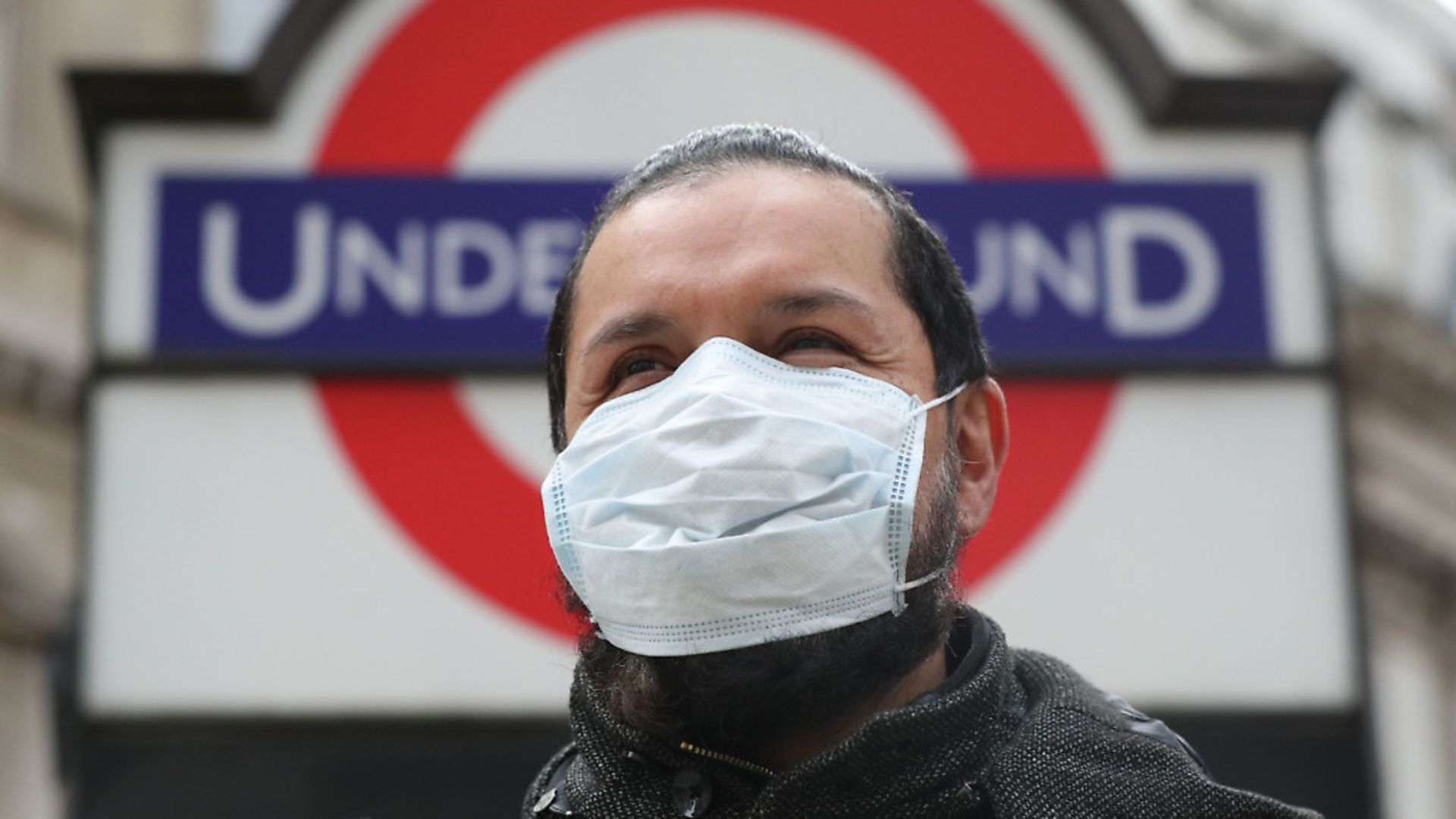
MITCH BENN issues some rousing words on the coronavirus fight – and how it has changed our foucs.
So, how are we all doing? I do hope that everyone is finding quarantine as unstressful as possible and that the only fever any of you is registering is the figurative ‘cabin’ variety. I myself am actually recovering from minor surgery just now and as such was pretty much confined to barracks already; I wasn’t expecting the rest of the human race to have to join in.
The specific pathology of the Covid-19 virus will no doubt be the focus of scientific examination for years to come; the human reactions to the outbreak are already fascinating, in a slow-motion trainwreck sort of way.
I don’t propose to dwell too much on our own government’s response to the virus. I’m more interested in the varying responses to the crisis from members of the public, as spied over social media this last week (yes, I know, just as we’d all finally lost patience with Twitter and Facebook and decided to get off them for the sake of our own sanity they suddenly become the most vital conduits of human contact).
In America, it seems that Donald Trump’s solipsism is proving to be even more infectious than the virus: his followers have adopted wholesale his belief that if something makes him look bad, then that thing is being done deliberately and maliciously for the sole purpose of making him look bad.
The outbreak has thus far made him look very bad indeed and therefore it can only be a liberal hoax. As such, not caring about the virus – or indeed denying its existence – has become something of a point of principle for hardcore Trumpists, with many proudly posting pictures showing them going about their usual business and leisure activities, mingling with as many like-minded friends as possible.
While it’s tempting to regard this as simply natural selection in action, there’s something more going on here; as a few people have noted, this attitude – we ain’t gonna let no virus tell us what to do – feels less quintessentially Trumpian and more like a hangover from the old War on Terror days of George W Bush’s presidency (bet you never thought you’d look back on those times with aching nostalgia, did you?).
The ‘If you don’t keep shopping the terrorists have won’ notion was pretty all-pervasive back then and seems to be carrying over into the present crisis, but it’s not even slightly applicable.
For a start, unlike terrorists, a virus doesn’t have an agenda. It’s not even conscious. It’s just replicating and finding host organisms; the fact that in so doing it screws up our respiratory systems isn’t ‘the plan’, it’s just really unfortunate.
The virus isn’t seeking to upend our way of life or make us live in fear; it doesn’t even know we exist. The virus isn’t looking to ‘win’, but that doesn’t mean we won’t ‘lose’ if we don’t take every precaution possible.
Perhaps we in the ‘developed’ world are simply finding it hard to come to terms with something the rest of the human race already knows: we’re not in charge. We’re at the mercy of the biosphere of which we are, at the end of the day, just another part.
If you live in hurricane country, or drought country, or a part of the world where the wildlife can actually eat you rather than just scurry decoratively through the parks, you understand this; that sometimes the human race is not supreme.
Sometimes nature kicks our collective ass, and hard.
Sometimes the weather destroys your home, and there’s nothing you can do except try to survive and find a new one.
Sometimes all your food dies out, and there’s nothing you can do except try to survive until it comes back.
And sometimes nature throws up a disease which you can’t cure, and there’s nothing you can do except try to survive until it runs its course.
We’re not used to that feeling of helplessness, and we don’t like it. But if we get through this, and I believe we will, maybe going forwards with a bit more respect for nature – and recognition of our vulnerability to it and dependence upon it – would serve us well in the times to come.
Warning: Illegal string offset 'link_id' in /mnt/storage/stage/www/wp-includes/bookmark.php on line 357
Notice: Trying to get property 'link_id' of non-object in /mnt/storage/stage/www/wp-includes/bookmark.php on line 37







